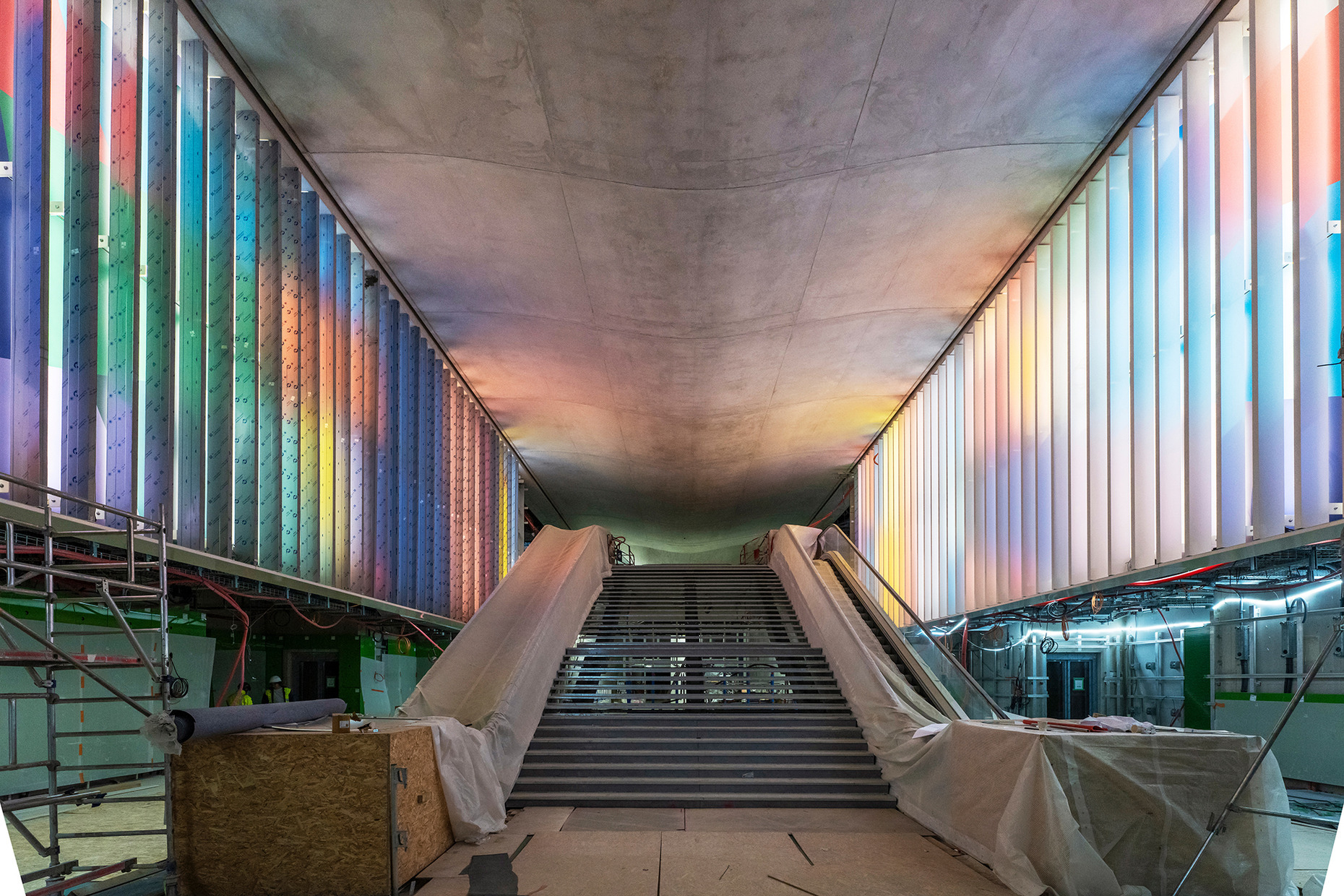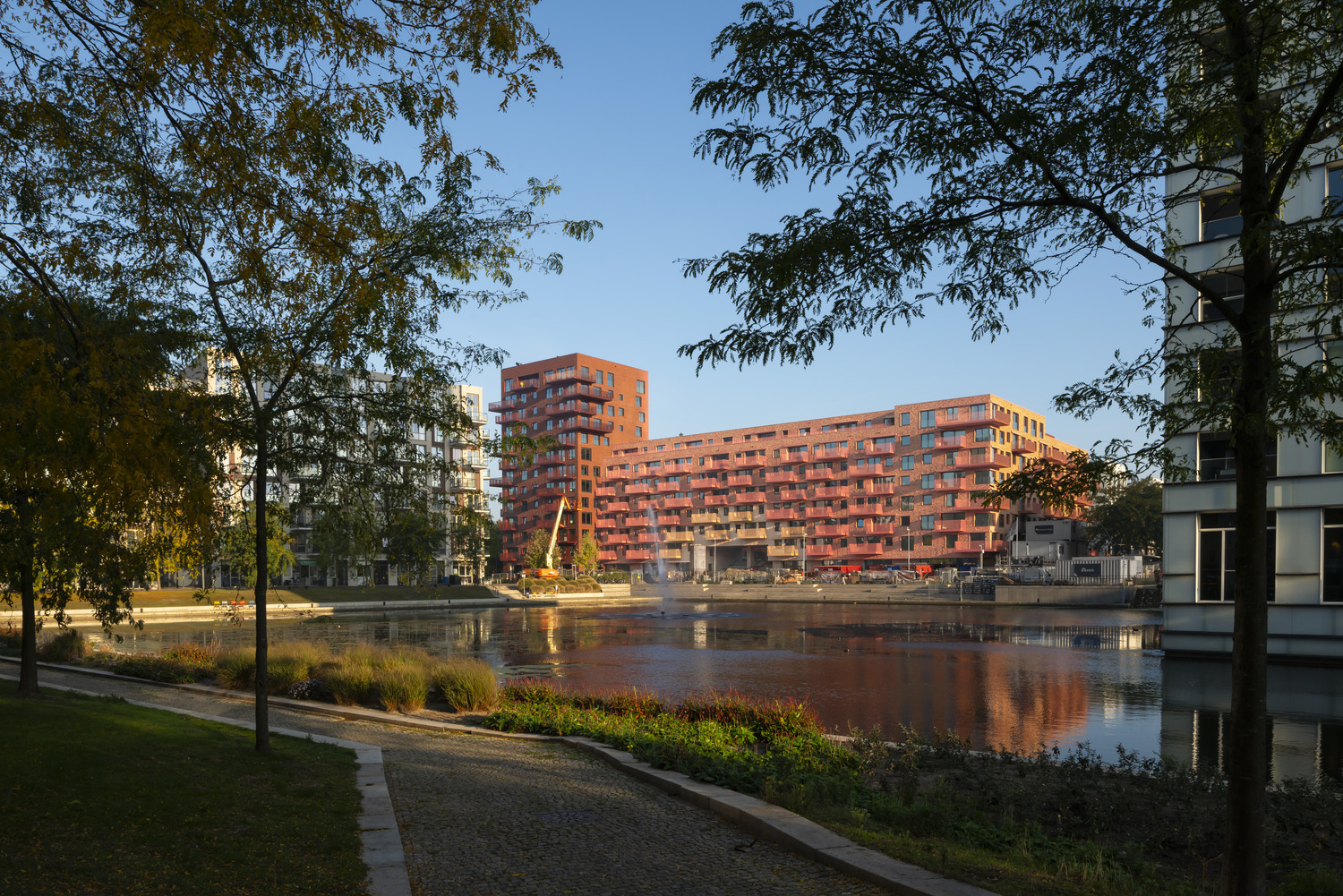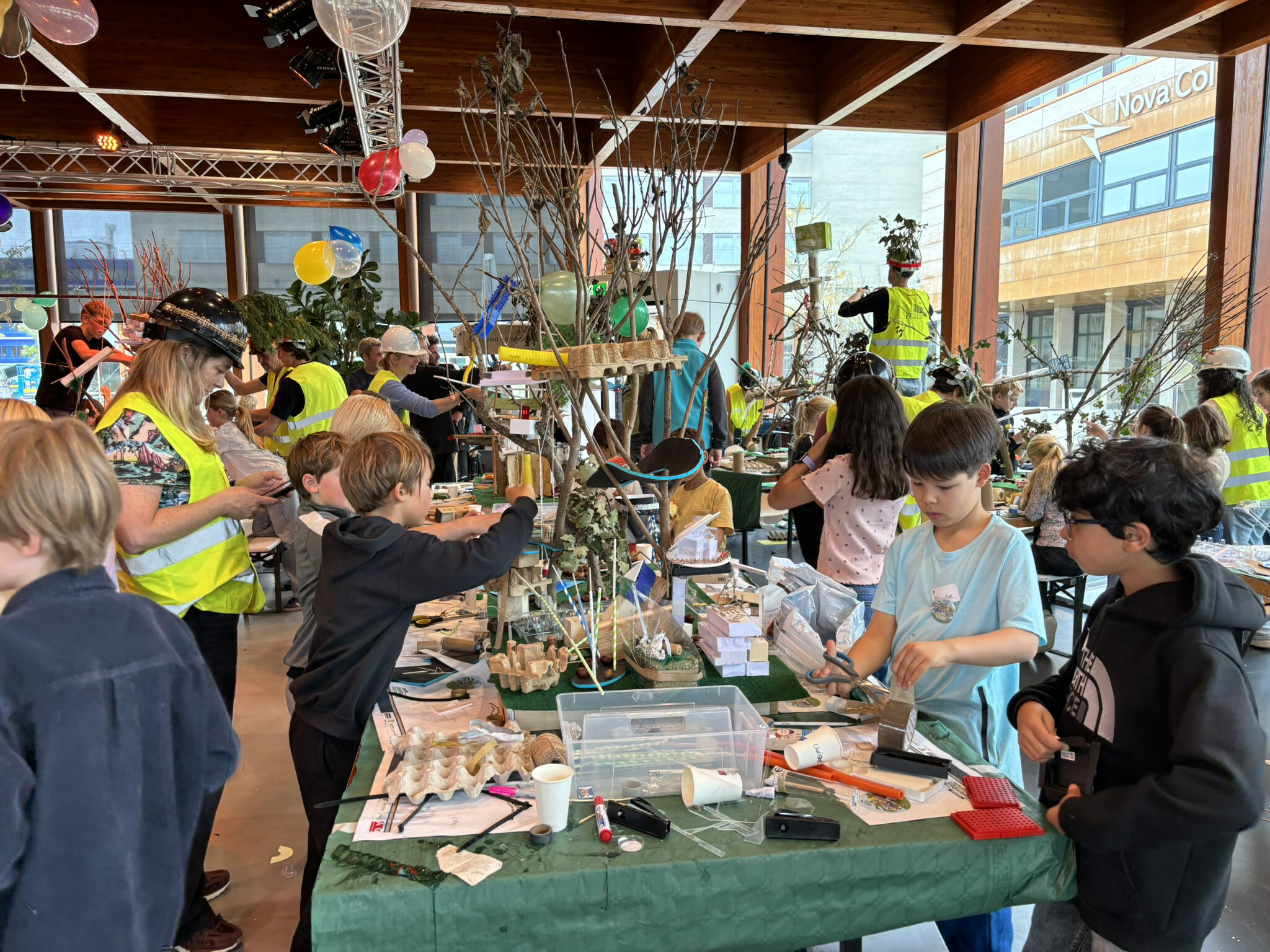Leiden Centraal: A Sustainable and Vibrant Mobility Hub
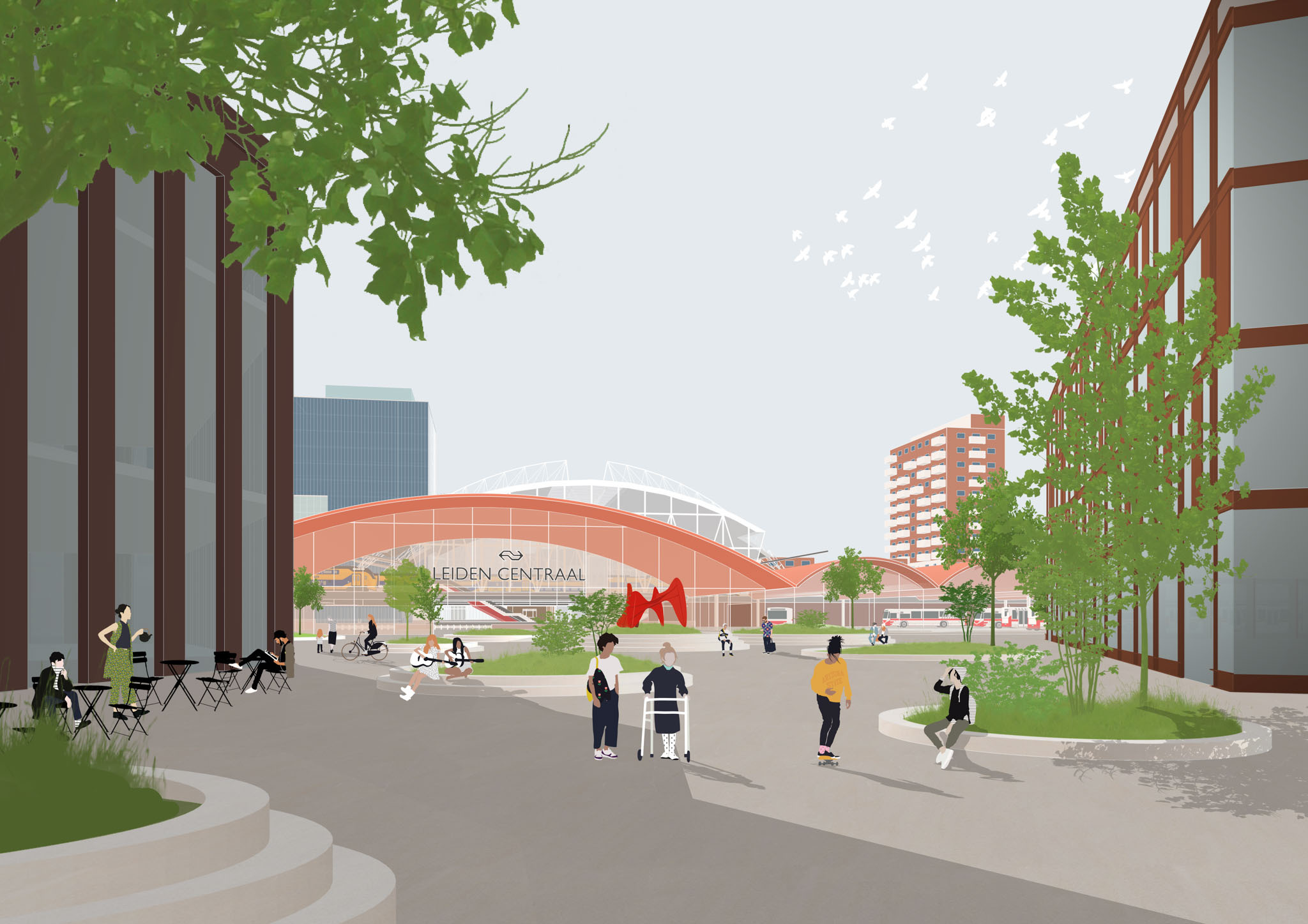
Leiden Centraal is set to become an attractive and sustainable mobility hub. As the sixth-largest train and bus station in the Netherlands, Leiden Centraal accommodates around 100,000 travelers daily. With the growth of the Leiden Bio Science Park and ongoing developments in the historic city center, this number is expected to increase with 40% by 2040. To accommodate this amount of travelers, the Dutch government initiated a so-called MIRT-verkenning: a procedure to examine the possible ways to improve the flows of trains, buses, cars, bikes, and travelers in the station area, and to develop this area into a lively part of the urban center. Benthem Crouwel Architects is undertaking this MIRT exploration alongside Royal HaskoningDHV, AT Osborne, and West 8.
The increasing demand for housing, economic activity and sustainable transport requires more space than currently available. The study involves accommodating the increasing number of travelers at both the train and bus stations, while also expanding bicycle parking facilities to accommodate up to 30,000 bikes. Strengthening the connection between Leiden’s historic center and the Bio Science Park, while ensuring efficient traffic flows, is essential.
The transformation of the Leiden station area revolves around three crucial themes: urban densification, accessibility, and quality of experience. In this project, we see significant societal opportunities.
- Daniel Jongtien, architect and partner at Benthem Crouwel Architects
The exploration involves close collaboration with stakeholders, like the municipality of Leiden, the railway company, residents, and local organizations to ensure that the resulting decisions are widely supported. The consortium is tasked with facilitating decision-making, engaging the community, and providing the information needed for a balanced and inclusive outcome.
By the end of 2024, three promising design solutions are identified and further developed in 2025. A key feature shared by all three designs is the relocation of the bus station, creating more space for pedestrians and cyclists and ensuring smooth, uninterrupted movement. Surrounded by green plazas, the station area will include bicycle and pedestrian paths that seamlessly connect the station to its surroundings. Additionally, Leiden Centraal will receive a new station hall and extra platform entrances to accommodate the rapidly growing number of travelers. The project is estimated to cost between 700 and 800 million euros, depending on the chosen design solution. By the end of 2025, one of these designs will be selected as the preferred alternative, to be implemented in phases.
Redesigning the sixth-largest public transport hub in the Netherlands and developing a future-proof station area for Leiden is a project we are proud to work on. It paves the way for a new station district, ready for the future, contributing to both mobility and livability in the region. It serves as the link between the Leiden Bio Science Park and the historic city center, where people can live, work, study, and travel comfortably and safely.
The combination of challenges and ambitions for the Leiden station area demands an equally impressive combination of experience and expertise. The consortium is leveraging these to their fullest potential.
- Huib van der Kolk, project manager MIRT verkenning Leiden namens opdrachtgevende partijen
The MIRT exploration aims to collaborate with the local community to identify innovative, sustainable and climate-resilient solutions to challenges along the Oude Lijn corridor – the railway connecting cities between Leiden and Dordrecht. One of the sub-projects within this exploration is Leiden Centraal.
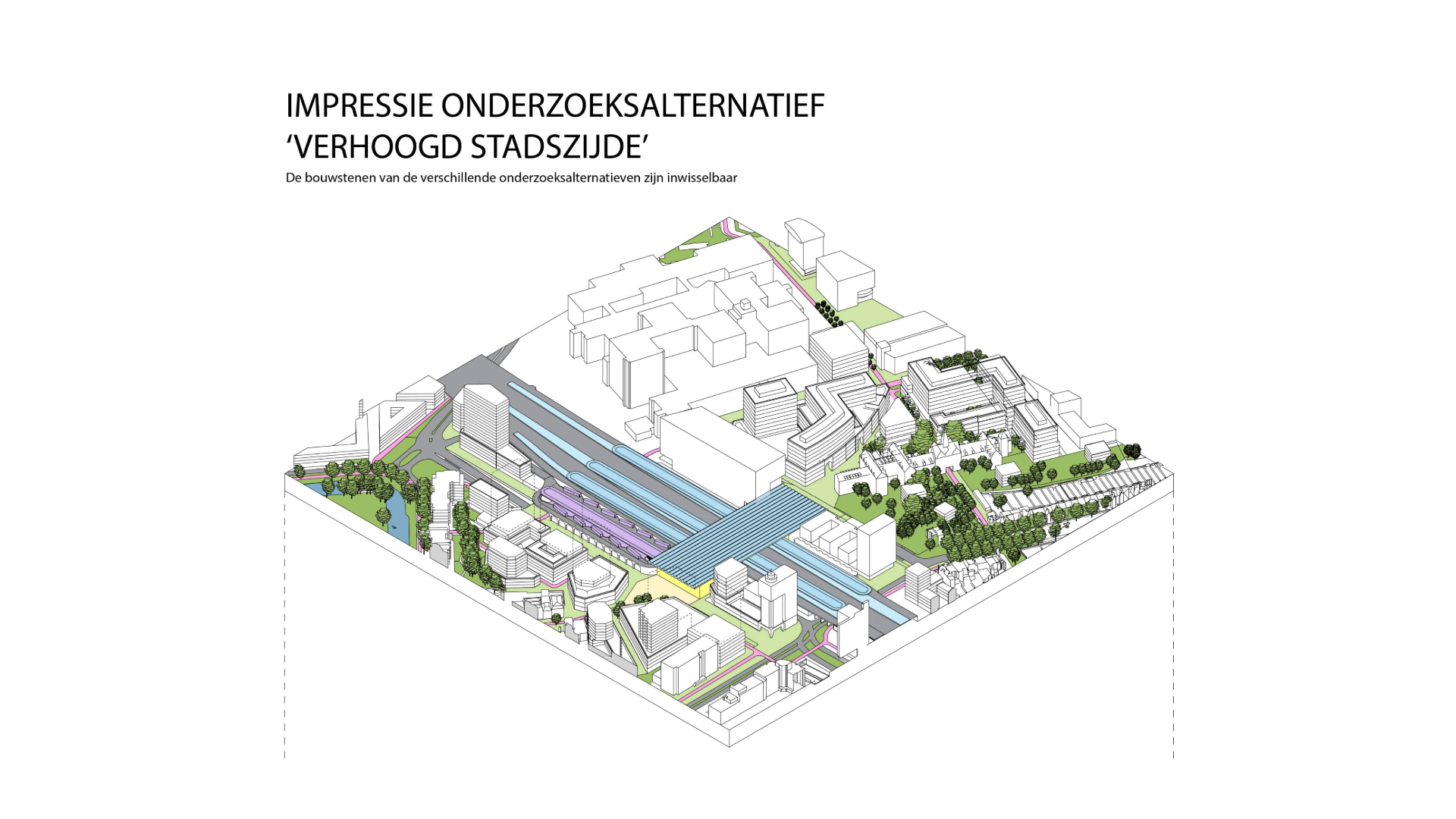

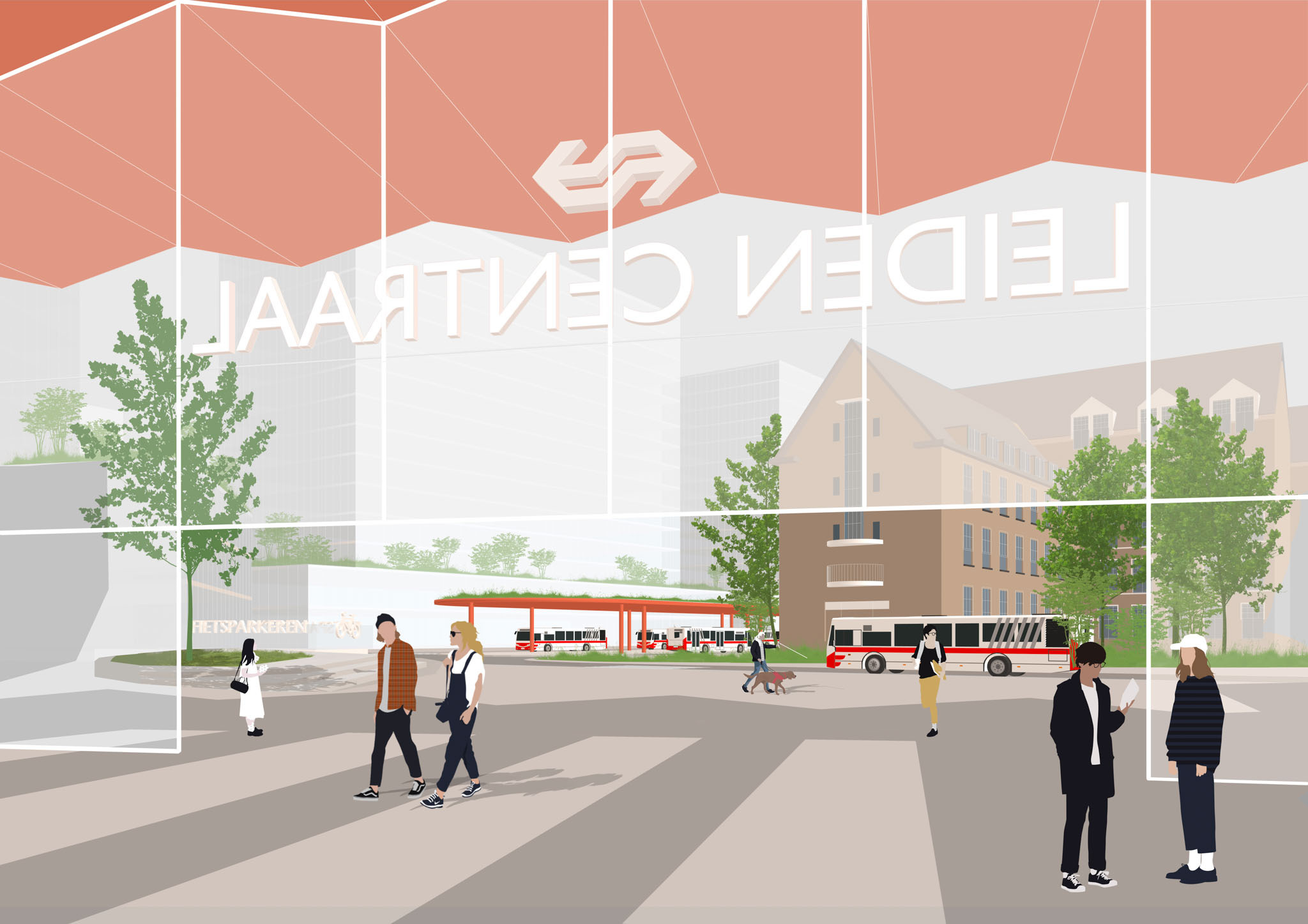
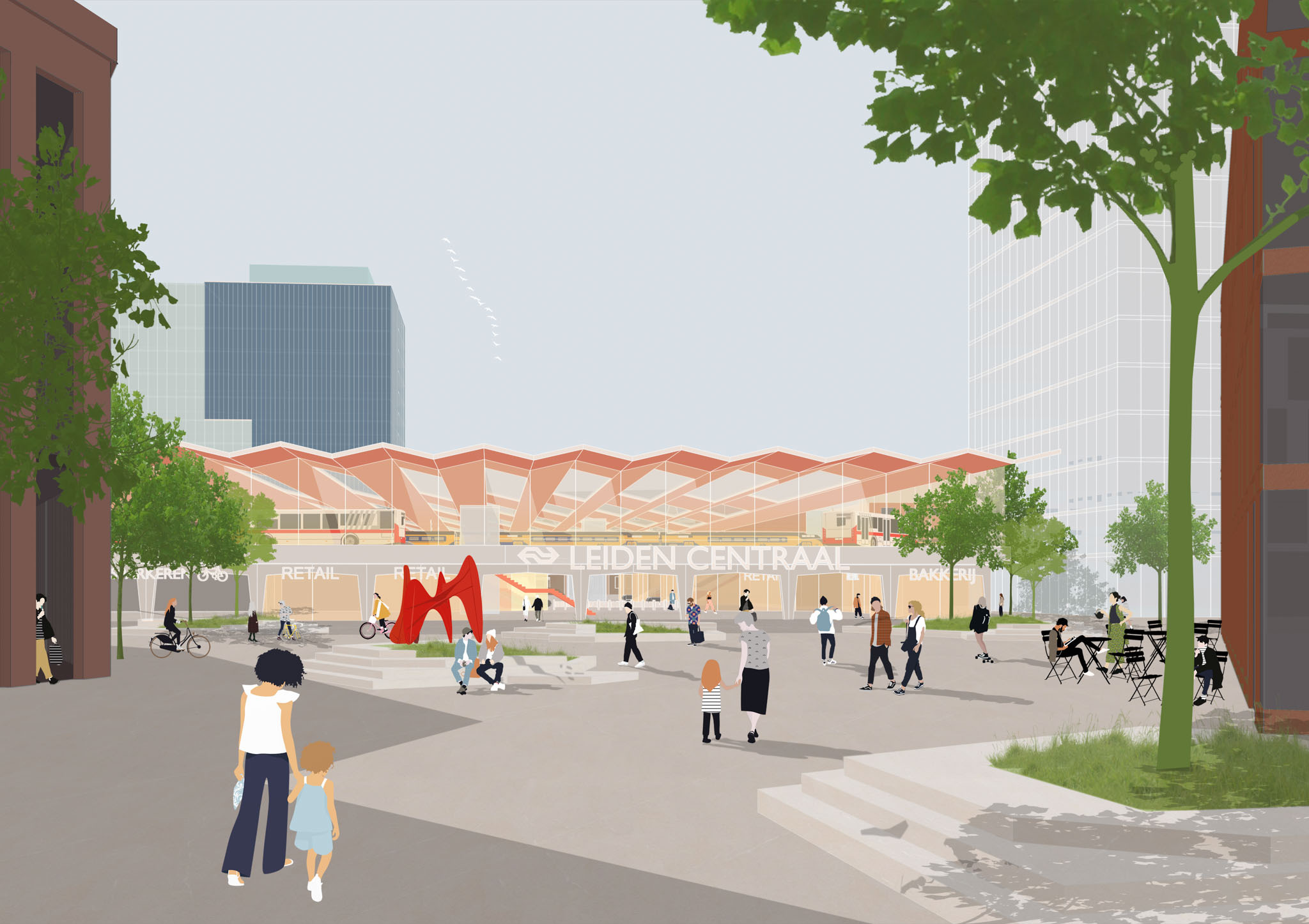
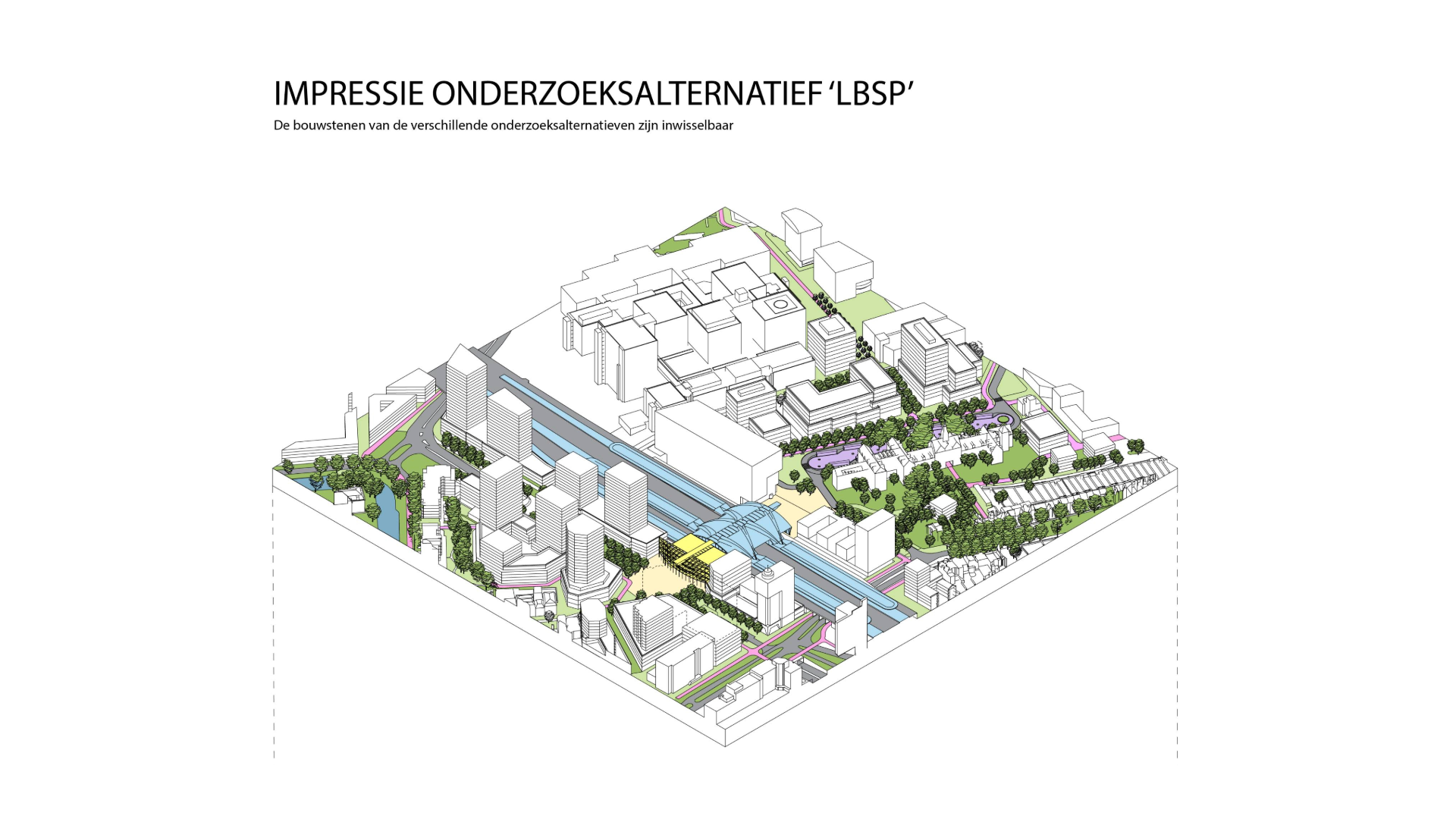
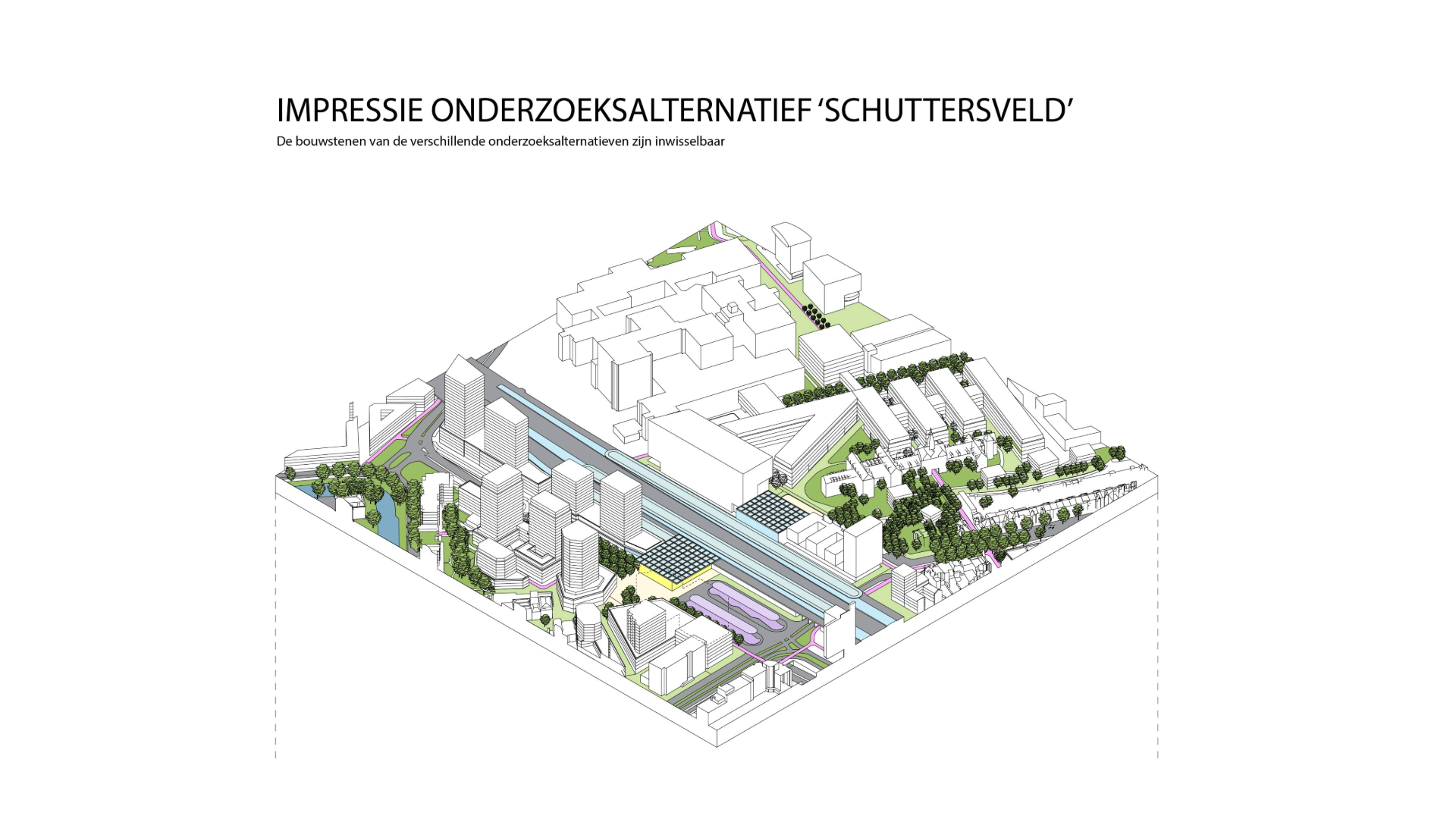
—
